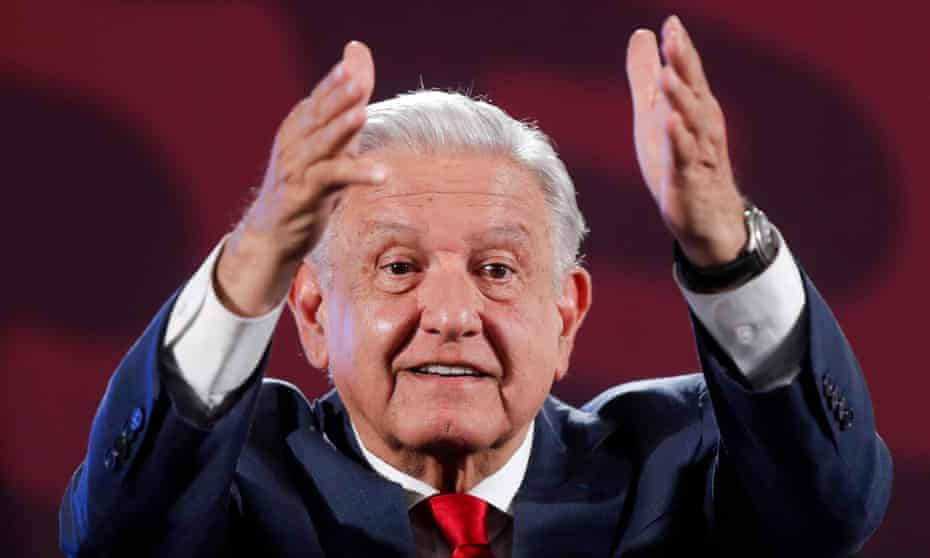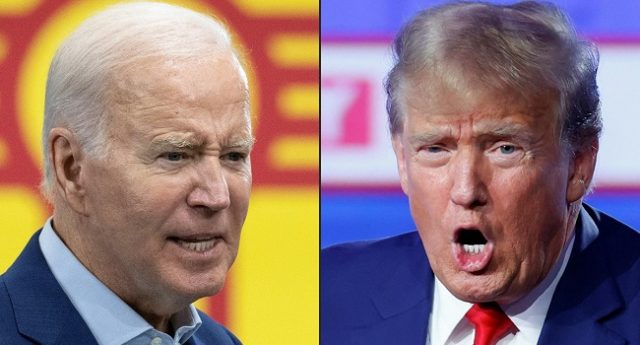When Elon Musk first proposed an idea to shrink the size of government, Donald Trump appeared to dismiss it as an unlikely concept. Even the name Musk suggested, “Department of Government Efficiency” or DOGE, referencing an online meme featuring a surprised dog, seemed more like a joke than a serious policy proposal. However, now that Trump has won the election, the idea is rapidly gaining momentum and could lead to a significant constitutional confrontation over the distribution of power within the U.S. government.
Trump has placed Musk, the wealthiest man in the world, and Vivek Ramaswamy, a businessman and former Republican presidential hopeful, in charge of this new initiative. Although it is officially structured as an advisory committee rather than a full-fledged department, its role is to collaborate with government officials to find ways to reduce federal spending and streamline regulations. The committee’s mission is to challenge the status quo by advocating for significant cuts in government spending.
Musk and Ramaswamy have already outlined a controversial strategy: they plan to push Trump to implement spending cuts by refusing to allocate funds already approved by Congress, a process known as impounding. This proposal directly conflicts with a 1974 law that was designed to prevent future presidents from using impounding to block funding, a tactic famously employed by President Richard Nixon. The law was enacted in response to Nixon’s attempts to withhold funds he disagreed with, aiming to curb



